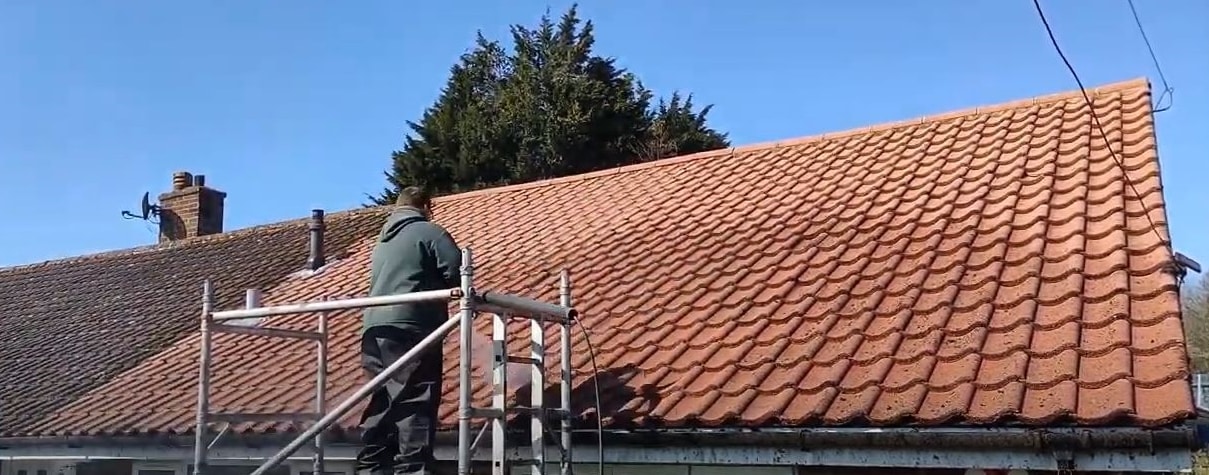Improvement in hearing can hinge on little ear hairs
2 min read
CHICAGO — Earbuds, noise pollution and age all diminish listening to – a lot more especially destruction hair cells in the ear. We are born with them and they generally prosper for the period of our life. But as some die, they do not regenerate.
Now, a new acquiring could alter that.
Surrounded by artwork and inspiration from his dwelling country of Spain, in Chicago, Illinois, Dr. Jaime Garcia-Anoveros PhD has produced the artwork of dance his emphasis.
The new music that triggers the dance could be tune or speech. The sound stimulates hair cells to transfer, supporting us listen to.
“These cells crouch and bounce so they make the vibration larger. And so they lift cells… (and) carry the cells … and then deliver facts to the mind.”
The outer and inner hair cells are properly aligned.
The outer cells amplify sound while the inner cells ship indicators to the mind. If just a number of are out of place…hearing is compromised.
So scientists at Northwestern College established out to regenerate hearing cells.
“You require both of them to do the job in conjunction or you hear quite poorly,” Garcia-Anoveros mentioned.
They identified a gene to flip up the quantity.
“This one gene named TBX-2, if we take it from an outer, they form an inner. It’s what we connect with a learn regulator,” Garcia-Anoveros mentioned. “The existence or absence of this gene in which you make the hair cell sort just one or the other. … you generate now an artificial cell in the ear of an grownup. We hope we can use this gene regulator to tell it to make an internal hair cell or an outer hair cell. A mobile that sends details to the mind or a mobile that moves in reaction to audio. It improves, amplifies the seem.”
Now they’ll insert the gene into the ear with the hope of escalating new hair cells and restoring listening to.
“The good information is we now have instruments to deal with this problem,” Garcia-Anoveros mentioned.
Physicians stated listening to decline is the most typical degenerative ailment in humans. We all lose some hearing as we age. Now that they discovered the gene to support, they will test their concept in mice and then folks.



.jpg)
